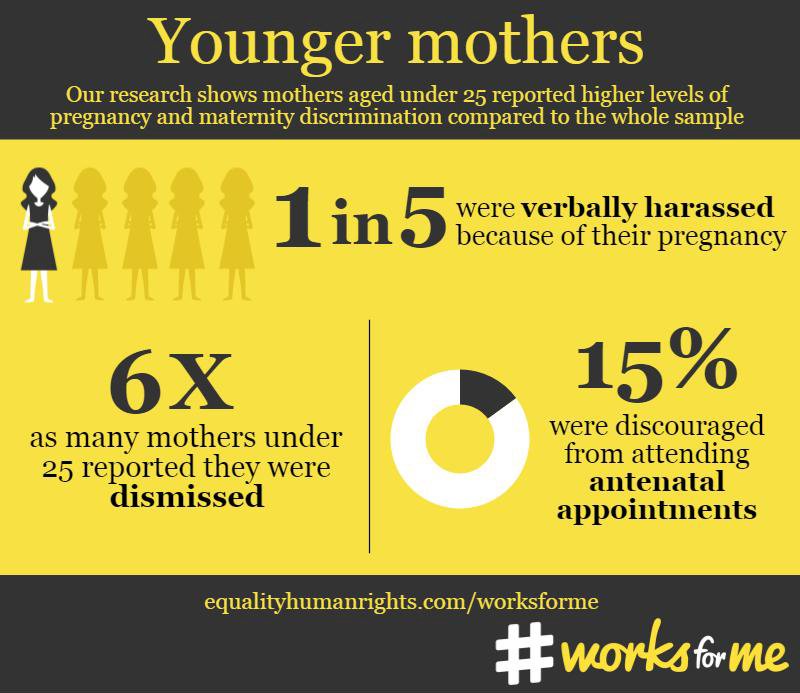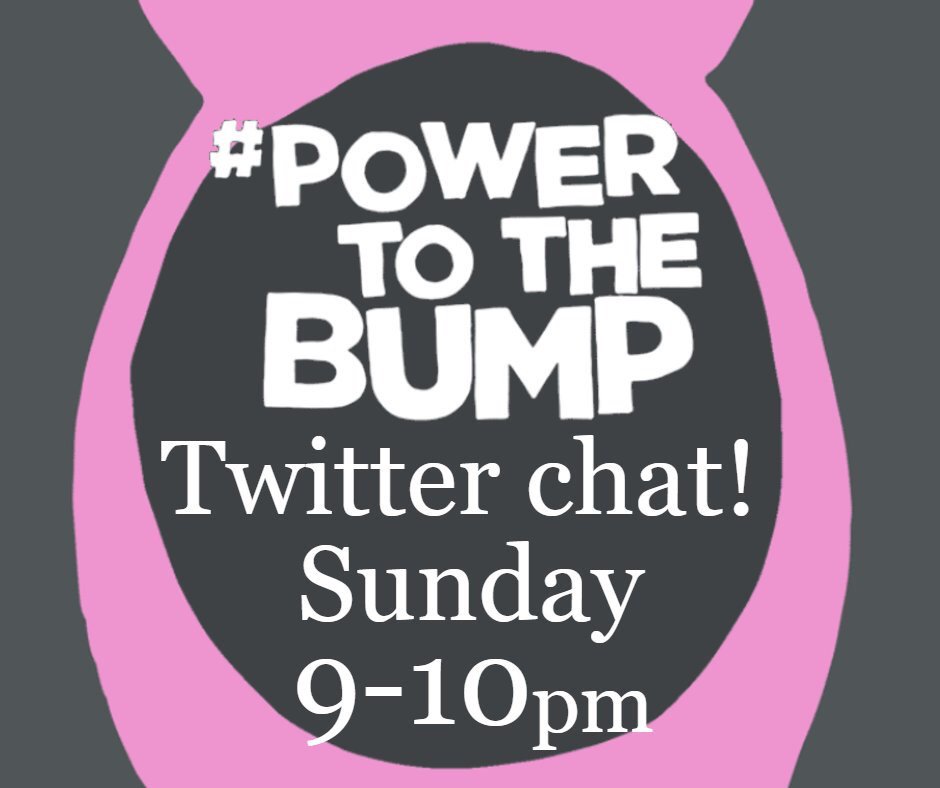On 6th February we consulted with young women, most of whom had become parents in their teens, about Relationship and Sex Education in schools and how the guidance should be updated. The views of 10 young mothers are included in this response.
Experiences of RSE
Most of the young mothers had poor experiences of Sex Education themselves. Lessons were often brief and basic:
“From what I remember, we had one lesson shoved in with the rest of PSHE in Year 10. The stereotypical condom on a banana, very little else that sticks in my memory. A bunch of 15 year olds giggling and blushing. This was a small, rural secondary”, (Pregnant at 19, in 2013)
“Ours was basic. One lesson in year 8 about puberty, one in year 9 about basics of sex (anatomy) and year 10/11 had 2 lessons. One on putting on a condom and one about STIs. Nothing we didn’t already know,” (Pregnant at 19, in 2010)
The young mothers often felt that the way sex education was delivered suggested that teachers were not interested in the subject:
“It felt like the teachers were embarrassed and doing it out of formality rather than wanting to educate. It makes me feel there should be staff trained to do lessons like this” (Pregnant at 19, in 2010)
“My tutor was cringing and wouldn’t even look into our eyes while teaching and showing us!” (Pregnant at 21, in 2009)
Where lessons did include morals they tended to have a strong religious, pro-life stance:
“We didn’t have any relationship education but had sex education which included pro-life coming into school which was awful” (Pregnant at 15, in 2005)
None of the young mothers said that their Sex Education included anything about relationships:
“Nothing about consent, domestic violence, emotional abuse (I always thought abuse was physical) or marital rape! I always thought that once married, your husband can do whatever he wanted!” (Pregnant at 21, in 2009)
There were a number of concerns about how teenage pregnancy was discussed, or not, in sex education, or more generally at school. Sometimes young mothers picked up on negative comments from teachers, or they felt there was general negativity towards teenage mothers, which was encouraged rather than challenged:
“We were told that [being a young parent] would make life difficult and hold us back. Considering I’ve just graduated and in full time employment, I call that rubbish!!!” (Pregnant at 19, in 2012)
“Absolutely nothing! Bar a teacher passing comment that having a kid in school would mean you wouldn’t amount to anything.” (Pregnant at 19, in 2010)
“Was just a lesson of ‘you don’t want to do this’ stigma” (Pregnant at 16, in 2003)
Young mothers often felt that there was a judgment towards becoming pregnant, often along with having sex in general
“I picked up the impression that it was A Fate Worse Than Death, but the only advice we were given about preventing it was to ‘not be loose and immoral’…Which just wasn’t helpful really” (Pregnant at 18, in 2001)
The general idea was “don’t do it” – not just teenage pregnancy but there was definitely a whiff of “abstinence only” about it all. Nothing about what to do if you fell pregnant, no support for teenage parents whatsoever. (Pregnant at 19, in 2013)
Many young mothers stated that before becoming pregnant themselves they believed the negative stereotypes and judgements towards teenage mothers:
“I believed all the usual dross about “doing it for a council house”, girls who lacked ambition. I was cocky and arrogant, thought it’d never happen to me because “I have goals in life”.” (Pregnant at 19, in 2013)
“I thought they were girls looking for a free house and money, but that’s the vibe I was given through teachers and others around me. I’m ashamed of that now. They just want to be good parents too” (Pregnant at 19, in 2012)
“I always thought it was girls who didn’t have ambitions or aims and were more interested in boys and attention” (Pregnant at 21, in 2009)
“I remember another girl being pregnant at my school in year 9 and everyone was calling her a slut. I was just fascinated by her bump. It didn’t really occur to me how her life had been impacted” (Pregnant at 16, in 2003)
“Media had also told me that being a teen mum would mean I would be a leech on society and I wouldn’t achieve anything in life” (Pregnant at 19, in 2010)
Experiences of becoming pregnant as a teenager
Support from peers when young women did become pregnant was mixed, but many found that they lost their friends, because peers distanced themselves or were judgemental towards them. There is a wealth of research on how loneliness affects young mums, and the importance of a strong support network during a time when young mums are likely to need support most.
“Male friends judged and distanced themselves. I was banned from the house by a friend’s mum! (Pregnant at 16, in 2003)
“I lost all my friends. It’s as if they thought it was catching. My family also weren’t very happy, a rift which has healed, but it was a really lonely time” (Pregnant at 19, in 2012)
“Some not real friends called me a ‘Slag’, others drifted away over time as I was committed to my child and therefore unable to go out all of the time. They stopped inviting me” (Young mother)
“One said it would be a burden on our friendship. Others just ditched me. Was quite isolating. One girl at school actually tried to fight me” (Pregnant at 15, in 2005)
Many of the assumptions that peers had were based on negative perceptions around young motherhood, and ignored the actual lives of the individual:
“Mostly told me I was ruining my life and stopped being friends with me because of it. Proved them wrong, completed my BA whilst being a single mum and now doing an MA at a top uni whilst working and looking after my now-four year old” (Young Mother)
What should RSE include?
The young mothers often had clear views about what Relationship and Sex Education should include, and when subjects should be introduced:
The interplay between teenage pregnancy and domestic abuse/unhealthy relationships was highlighted by some young mothers, with most feeling that discussing consent was hugely important
“I think they should cover, domestic violence/ what is and isn’t acceptable within relationships” (Pregnant at 16, in 2003)
“I completely agree. I know teen mums that ended up as a mum due to violence and bad relationships” (Pregnant at 19, in 2010)
“And the importance of not just consent, but enthusiastic consent. You can never teach this too early, and not just in a sexual education context” (Pregnant at 19, in 2013)
“Consent, dynamics of a relationships including mental health, domestic violence, all form of abuse and becoming parents (what we need to consider and the experience of it)” (Pregnant at 21, in 2009)
Many young mothers thought there should be more information on the different types of contraception, while also focussing on the importance of relationships:
“They need to include all types of birth control and they really need to talk about relationships! Things don’t stop at sex and for some, relationship=sex so understanding that it’s more than that!” (Pregnant at 21, in 2009)
“Consent, safe sex, healthy relationships, pregnancy, birth control” (Pregnant at 19, in 2012)
Many young mothers felt that RSE should start early with a focus on the types of relationships at primary school:
“Starting at the youngest age, there should be discussions and activities focusing on friendship, playing fair and boundaries….
Juniors – more on friendships, bullying. Introducing children to the correct terms for anatomy – abusers can rely on children using ambiguous names making it difficult for adults to pick up on abuse. The importance of not being pressured into a relationship….
Juniors is also probably the best time to start preparing them for puberty. Boys and girls should be expected to sit in lessons on puberty for both sexes, not separated as has often been the case. Reduce the stigma of periods etc
Early secondary school – enthusiastic consent, boundaries within relationships, going harder on the online safety aspect, the right for either partner to say “no” and be listened to, the importance of respect…
Introduce some potential consequences at secondary age – make them aware of crimes, the implications of being on the sex offenders’ register, the jail terms that are possible. Cover modern issues – revenge porn, “send nudes” etc ..
Safe sex can’t be abstinence-based; it doesn’t work. Cover all methods of contraception; short and long-term. Explain the pros and cons, offer leaflets and resources. Discuss STDs and the implications of pregnancy on both partners…
Open, honest discussions on the realities of abortion, relinquishing a child for adoption or continuing with a pregnancy. Have speakers from BPAS and ask young parents to come in and speak about their experiences too” (Pregnant at 19, in 2013)
Challenging stigma and myths
Many young mothers felt strongly that RSE should be inclusive, to challenge stigma and social pressures:
“I also think they should cover same sex relationships, rather than focusing simply on straight sexual health. Also gender identity, (Pregnant at 16, in 2003)
“Talk about LGBT+ issues too; there will be kids in classrooms who haven’t come out yet but they need the information too. Hold lessons on reducing the stigma towards young parents and LGBT pupils. Stress that there is no pressure to be having sex yet” (Pregnant at 19, in 2013)
It was felt that RSE should particularly challenge sexist attitudes that can exist towards girls, and misunderstandings around abuse and rape:
“The notion of “she was asking for it” needs to be stamped out. RSE needs to include that regardless of what the victim is wearing/doing/saying, the responsibility always lies entirely with the abuser…
There’s an attitude of “If it was that bad, you would have left”. I think addressing the difficulty of walking away from an abusive relationship could reassure pupils who find themselves in one.” (Pregnant at 19, in 2013)
This role of challenging attitudes was also applied to the stigma around teenage motherhood:
“[Friends are important] as support and stigma of young parenting undermines this support network. We need to help young people support each other not ostracise” (Young mother)
The young mothers felt that if it was school’s role to discuss teenage pregnancy then it was important to reframe focus away from ‘preventing teenage pregnancy’ and towards supporting young people in a non-stigmatizing way:
“Although I may be biased by my own experiences, I worry that “prevention” could give way to abstinence-based sexual education, or Mean Girls-esque silliness” (Pregnant at 19, in 2010)
“I think preventing teen pregnancy is a tough one. They have a responsibility, just as parents do, to equip young people with all the education they need to make informed choices about sexuality, consent, contraception and antenatal choices” (Pregnant at 19, in 2013)
“I don’t think preventing is their job, I just think educating them is the key. More honest chats about consent/ relationships/ pregnancy/ sex” (Pregnant at 19, in 2010)
“[School] should also work to reduce the stigma against young mums. You can discourage without demonising” (Pregnant at 19, in 2013)
“Would stop stigma around being a teen mum, help young women know what to expect in relationships- was it acceptable what is not… and make informed decisions about their lives and relationships” (Pregnant at 15, in 2005)
This recognition of the importance of teaching RSE in a way that does not stigmatise young parents is particularly important given that the 10 year teenage pregnancy strategy reported its success at reducing teenage pregnancy through claiming that teenage motherhood was no longer ‘a mark of status’, and was now considered ‘totally uncool’, with the ‘problem’ now fixable.
When increased stigma around teenage motherhood is so widely reported as a success then it is the role of schools to challenge such perceptions that lead to low expectations, isolation, scrutiny and fear for those who do become young mothers. It should be the role of schools to support young mothers, rather than making it harder for them through pushing negative prevention messages and not addressing myths and sexist attitudes about sex and relationships.
There are huge opportunities to engage with young people in RSE, and throughout school, to discuss the complex challenges and opportunities that relationships bring, but this should always be framed in a context of inclusivity, respect, sensitivity and a genuine desire to support young people, and to enable them to be supportive of each other.




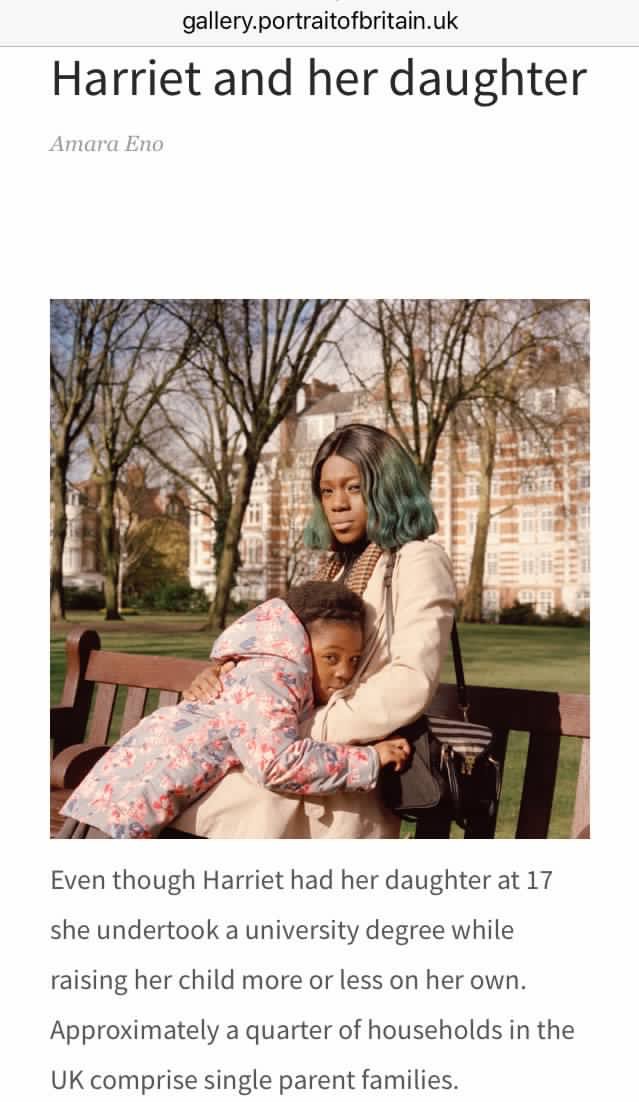
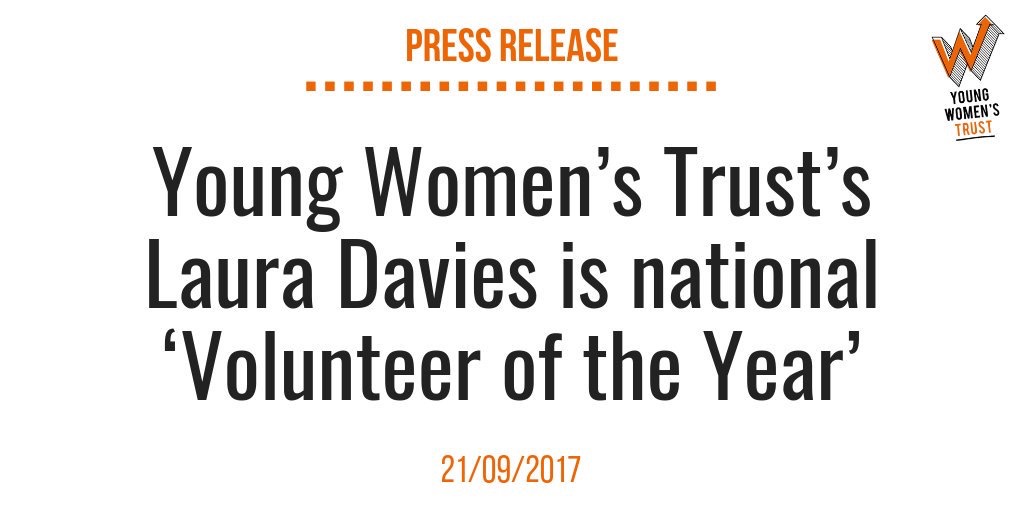

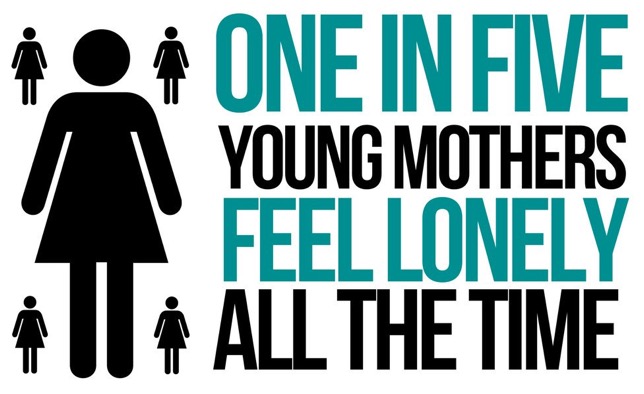




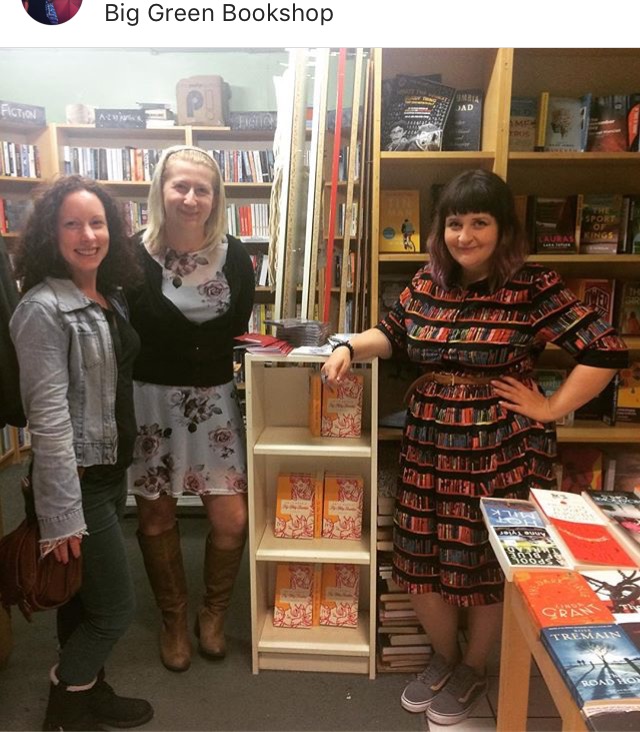



 Four years ago Gingerbread and The Children’s Society released briefings
Four years ago Gingerbread and The Children’s Society released briefings  “Are you motivated, inspiring, outspoken and unashamed?”
“Are you motivated, inspiring, outspoken and unashamed?”